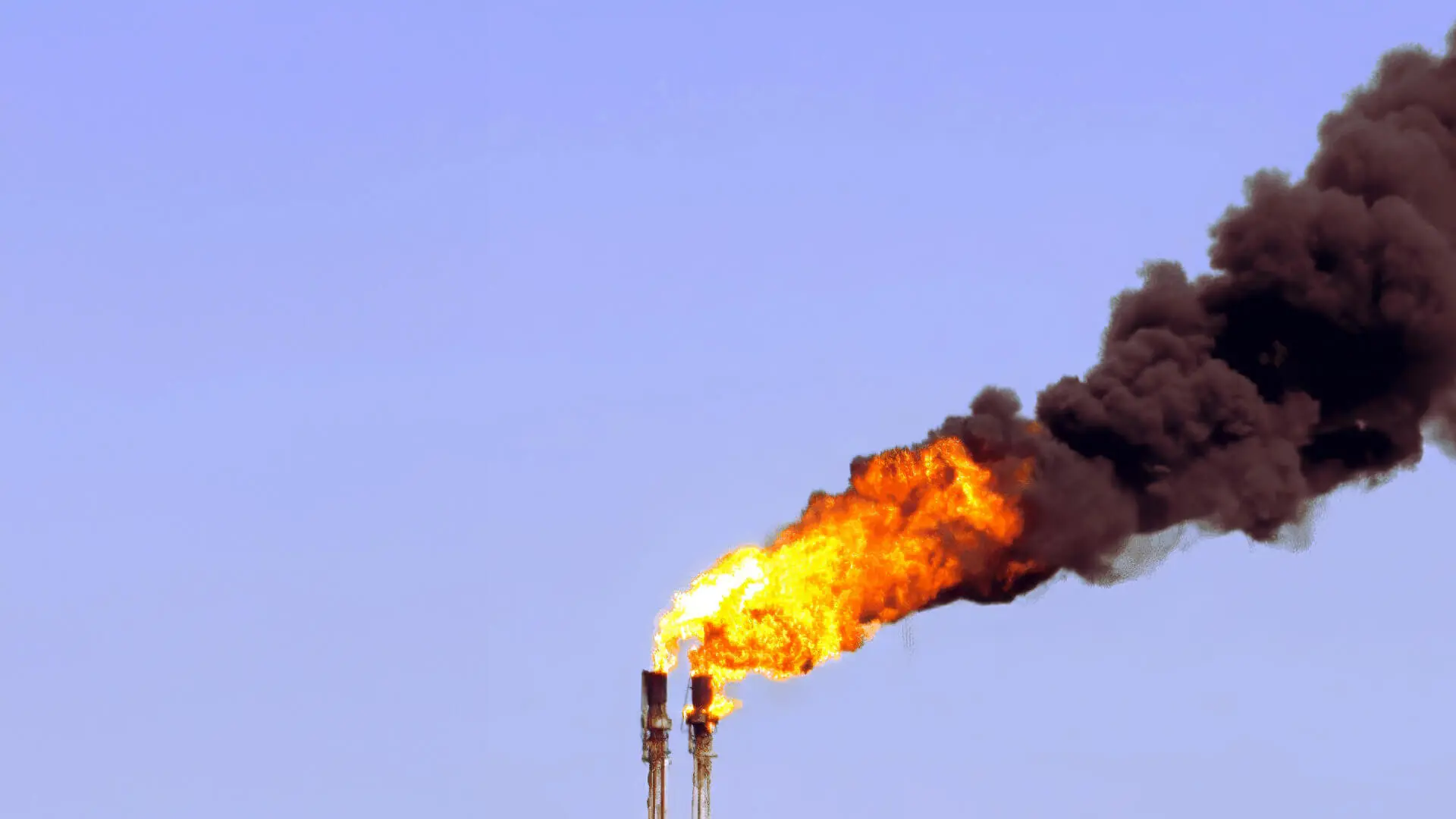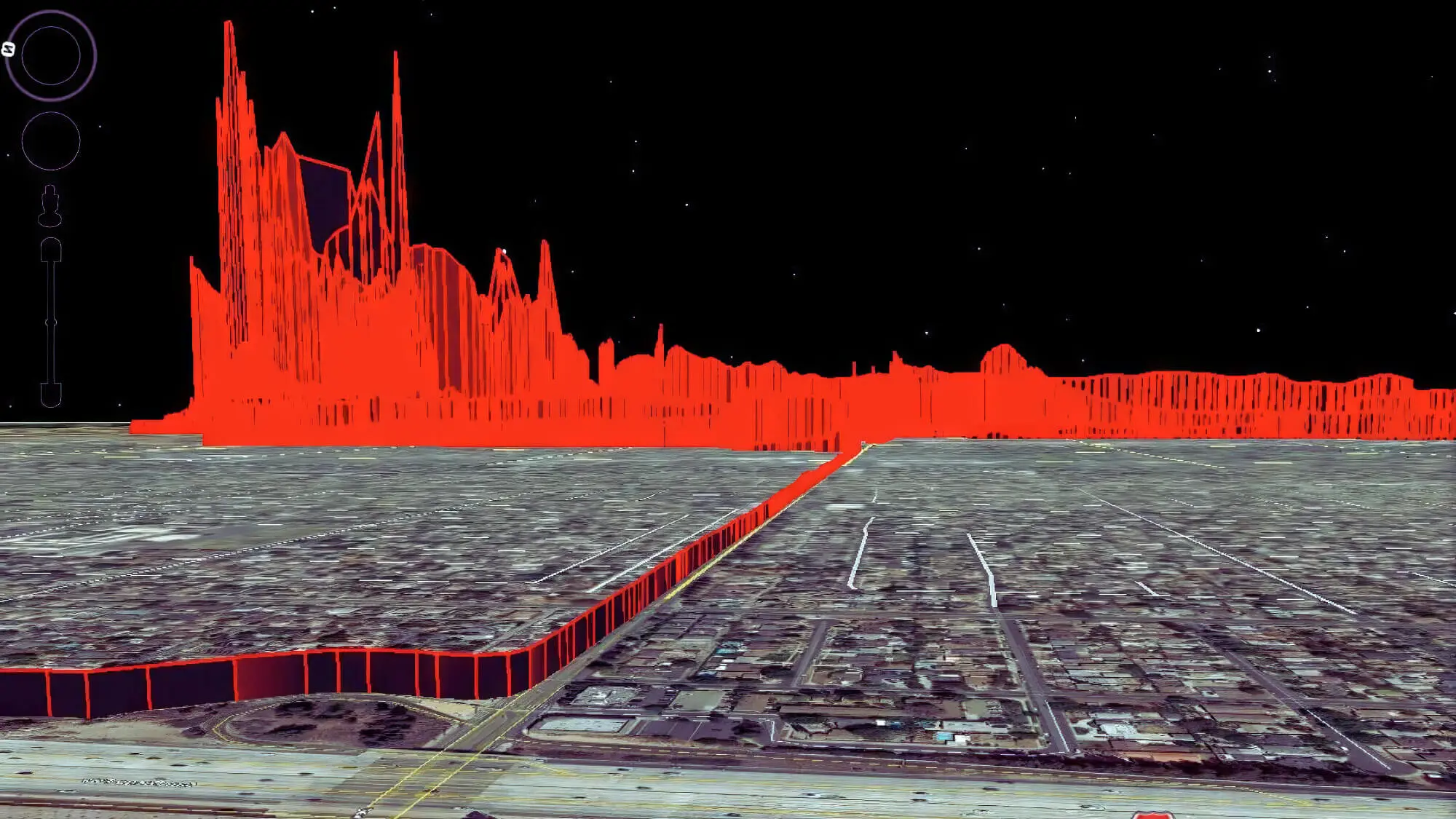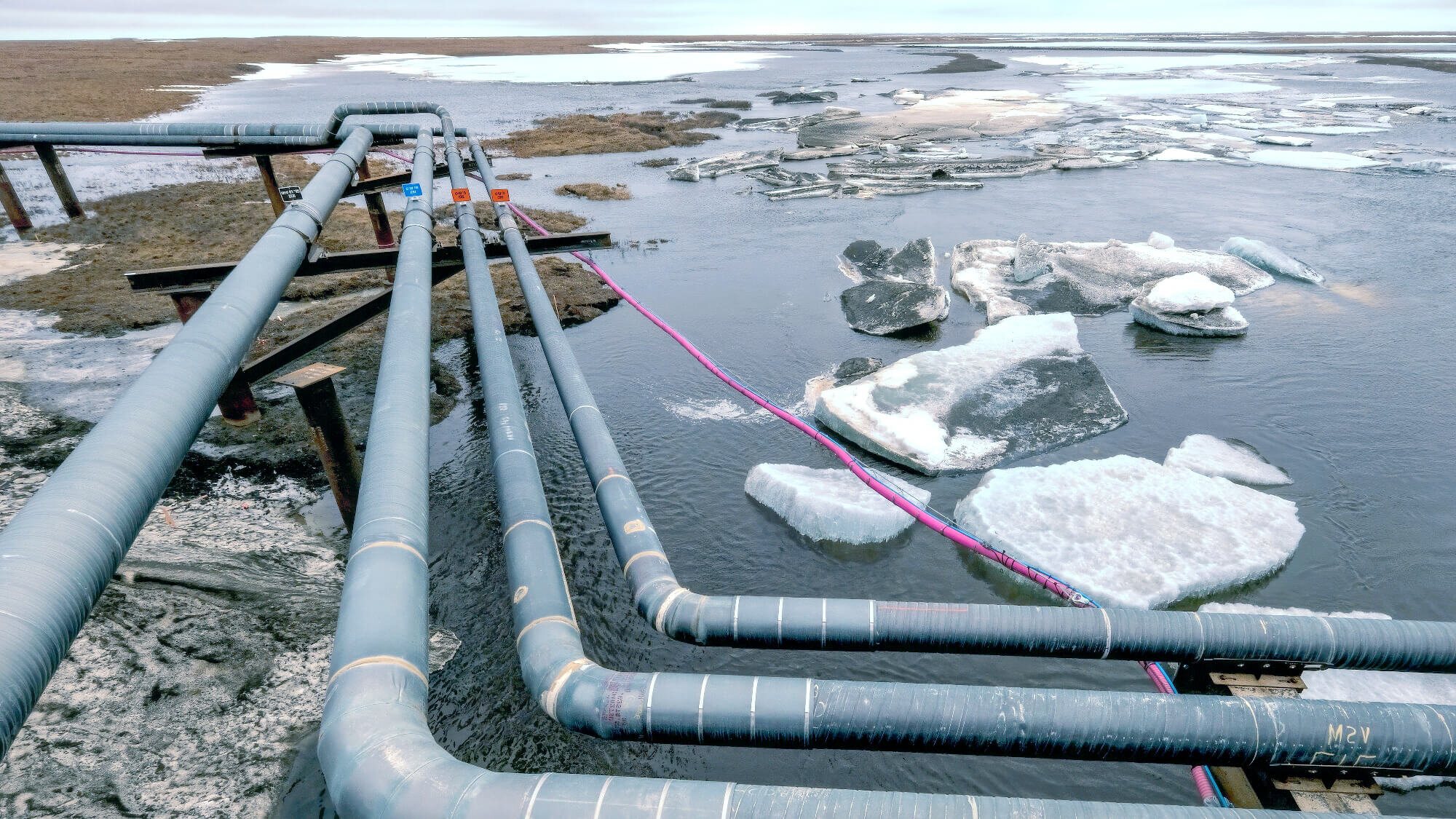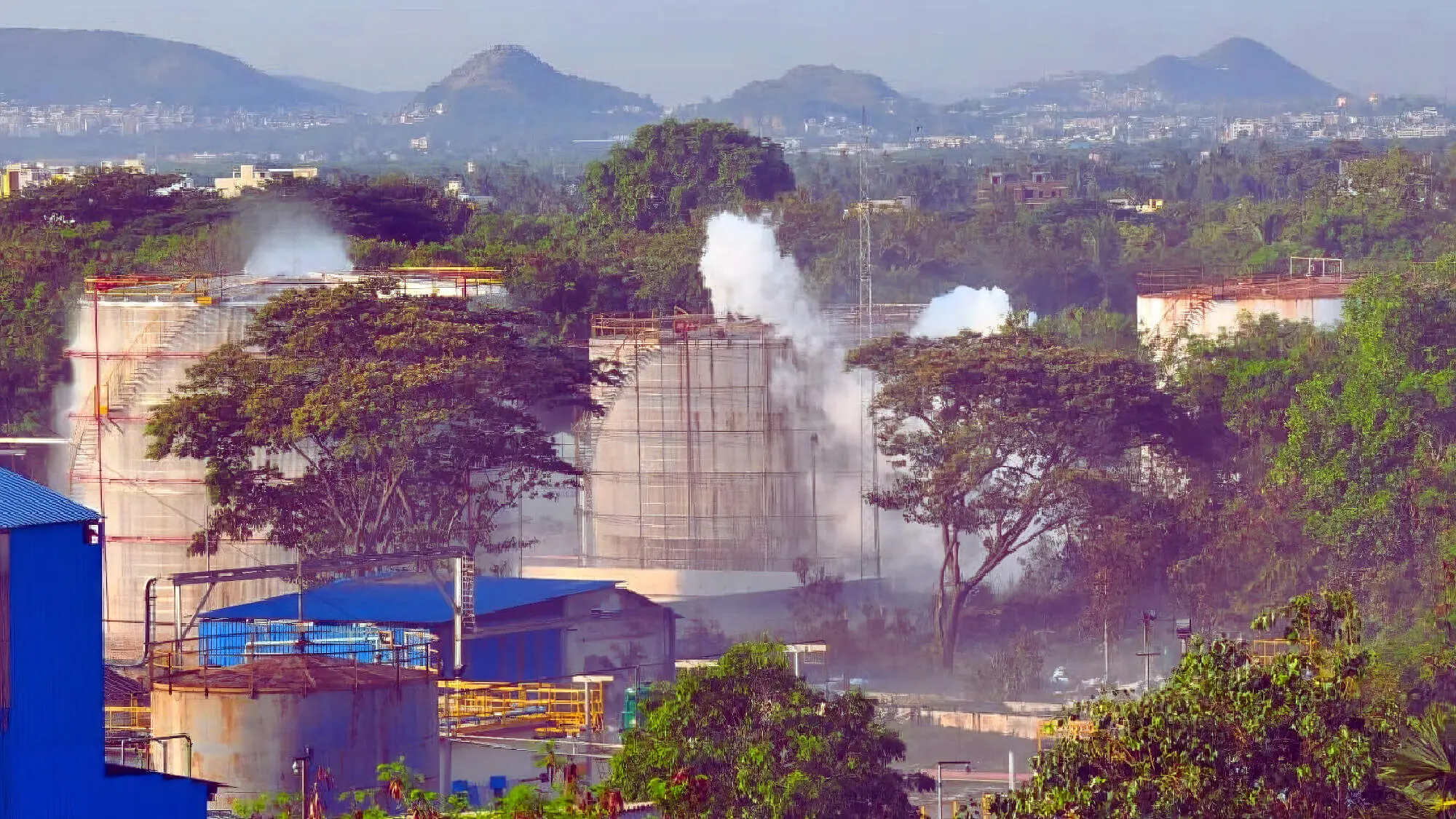Have you ever been cooking and noticed a faint sulphurous odour near your stove? Or have you perhaps heard a persistent hissing sound coming from your hot water heater? These could be signs of a natural gas leak.

Natural gas, a colourless and odourless gas in its pure state, is commonly piped into Australian homes to fuel appliances like stoves, heaters, and hot water systems. For safety reasons, a harmless odourant is added to natural gas, making it easily detectable in the event of a leak.
Addressing a gas leak quickly is vital. It’s not just about the fire or explosion risk; leaking natural gas is a major greenhouse gas. Unburned gas can escape straight into the atmosphere, adding to the greenhouse effect.
Let’s explore how to identify and address gas leaks responsibly.
The Hidden Threat: Methane and Climate Change
Lurking beneath the surface of our energy discussions is a hidden threat: methane. The primary component of natural gas, methane, packs a powerful punch when it comes to warming the planet. Though it breaks down in the atmosphere quicker than carbon dioxide (CO2), its impact is far greater in the short term. Studies show that over a 20-year period, methane is 86 times more potent at trapping heat than CO2.

This translates to a significant contribution to climate change. While CO2 remains the dominant culprit, methane is estimated to be responsible for roughly 30% of global warming since the Industrial Revolution. Alarmingly, methane concentrations in the atmosphere are rising faster than ever before.
Australia’s gas industry contributes to this rise while offering an energy source. Methane escapes during various stages—from production wells fracturing rock to transportation pipelines leaking and finally through distribution networks in our cities.
Addressing these methane emissions is crucial to tackle climate change effectively.
Gas Leaks: From Homes to Hotspots
While gas leaks are often associated with homes, they can occur at various points throughout the natural gas supply chain. Leaks can happen during extraction, processing, transportation, and distribution.
Within homes, ageing appliances and faulty connections are common culprits. Faulty gas stoves, ovens, water heaters, and furnaces can all release methane. These leaks can go unnoticed for long periods as methane is odourless and colourless in its natural state. That’s why mercaptan, a strong-smelling chemical, is added to natural gas to make leaks easier to detect.

Household gas leaks contribute significantly to local methane emissions. Methane is a potent greenhouse gas, and its release into the atmosphere accelerates climate change.
Gas leaks aren’t just an environmental concern but a health risk too. Methane isn’t toxic, but it can push out oxygen, causing dizziness, headaches, and in severe situations, even suffocation.
If you suspect a gas leak in your home, it’s important to evacuate immediately and call your gas company or emergency services.
Beyond the Climate: Environmental Consequences
Gas leaks have far-reaching environmental consequences beyond their impact on the climate. Leaking methane can seep into the soil, contaminating and harming vital microorganisms. This contamination can disrupt nutrient cycles and hinder plant growth. Additionally, methane dissolving in groundwater can render it unsafe for drinking or irrigation.

Plus, leaks can harm local ecosystems. Methane emissions contribute to smog formation, reducing air quality and harming wildlife. Leaks near bodies of water can contaminate them, affecting aquatic life.
The impact of gas leaks on the environment is significant and demands serious attention.
Keeping Your Home Safe: Identifying and Addressing Gas Leaks
Natural gas is incredibly useful, but a leak can be dangerous. To stay ahead, here are some steps you can take as a vigilant homeowner:
Spotting the Signs
Be alert for the telltale rotten egg odour commonly associated with gas (due to an odourant added for safety). Hissing sounds near gas lines or appliances, and even unexplained dead houseplants near gas pipes, can also signal a leak.
Taking Action Immediately
If you suspect a leak, don’t hesitate! Evacuate everyone from the house and call a licensed plumber right away. Resist the temptation to turn on lights or appliances, as even a spark can ignite leaking gas.

Professional Response
Qualified plumbers know exactly how to locate leaks safely. They use special tools to find the source and handle the shutdown. Fixing the leak might mean replacing pipes or fittings, and they’ll make sure everything’s shipshape before they leave.
Prevention is Key
Regular maintenance of gas appliances by a qualified technician can help prevent leaks before they start. Additionally, consider scheduling periodic gas line inspections for peace of mind.
Staying alert and following these tips helps keep your home safe while reducing any environmental impact.
For a Healthy Home and a Healthy Planet: Address Gas Leaks Promptly
Even small gas leaks can significantly impact our environment. By taking action, you can protect your health and our planet. Big Blue Plumbing offers expert gas leak detection and repair services.
Don’t wait! Contact us todayfor a gas safety inspection or leak repair, and breathe easy knowing your home and the environment are in good hands.



